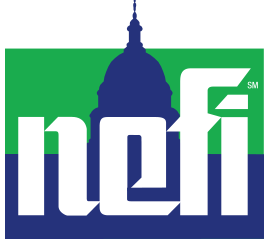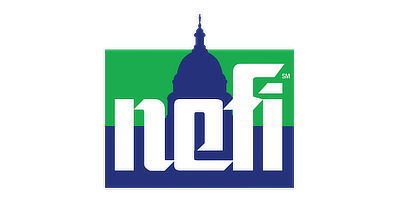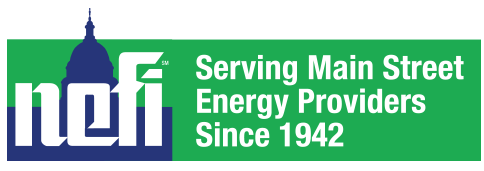Although he has previously stated his administration would impose a tariff of up to 25% on all goods entering the U.S. from Canada and Mexico, President Trump has now delayed that decision. It was widely reported before the Inauguration that Trump’s position on tariffs had changed to a “study” of the issue, but at a signing ceremony on Inauguration Night he stated that he is “thinking” about moving forward with the 25% tariffs on Canadian and Mexican goods on February 1, 2025. No further details were provided.
The politics of the issue remain fluid, and it is possible these tariffs are not imposed at all. The Trump Administration sees the threat of tariffs as a means to exact concessions on strengthening security at both the northern and southern U.S. borders from our two largest trading partners. In addition, tariffs are seen as a mechanism to restore the balance of trade between the U.S. and the other two countries and support U.S. industries and workers.
U.S. industry groups that represent petroleum producers and refiners have expressed opposition to the proposed tariffs on Canada and Mexico. Even if they move forward, the President could apply them to specific products and exclude energy imports, despite his earlier pledge to apply them to “all products” imported from these nations. Bloomberg News also reported last week the new administration may look at the gradual implementation of tariffs to reduce impacts, perhaps imposing them at the rate of one- or two-percent per month.
Both the Canadian and Mexican governments have indicated they will retaliate with their own tariffs against U.S. products should the Trump Administration follow through on its threats of tariffs, which would set off a trade war in North America.
In addition, President Trump signed a memorandum to various cabinet secretaries establishing an “America First” trade policy. The memo directs the Secretaries of Commerce and Treasury and the United States Trade Representative to “investigate the causes of our country’s large and persistent annual trade deficits in goods, as well as the economic and national security implications and risks resulting from such deficits, and recommend appropriate measures, such as a global supplemental tariff or other policies, to remedy such deficits.”
They are also directed to investigate the feasibility of establishing an External Revenue Service to collect tariffs, duties, and other foreign trade-related revenues, and identify any unfair trade practices by other countries and recommend appropriate remedies.
NEFI understands that any tariffs imposed on Canada would affect imports of home heating oil, propane, and motor fuels in the Northeast. We continue to monitor developments close and will communicate our concerns to the new administration and Congress.
For more information, contact Jim Collura at jim.collura@nefi.com.

 Admin - 09:00 am -
January 22nd, 2025
Admin - 09:00 am -
January 22nd, 2025 







